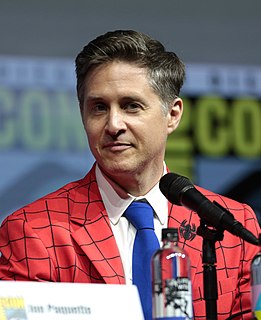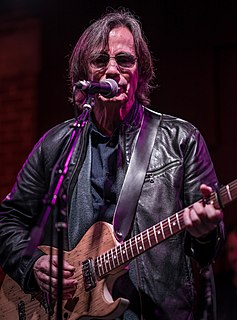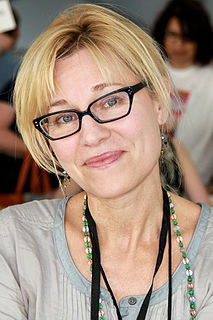A Quote by Maeve Binchy
The biggest influence on my books was the fact that I had worked in a newspaper for so long. In a daily paper, you learn to write very quickly; there is no time to sit and brood about what you are going to say.
Related Quotes
To me, the newspaper business was a way to learn about life and how things worked in the real world and how people spoke. You learn all the skills - you learn to listen, you learn to take notes - everything you use later as a novelist was valuable training in the newspaper world. But I always wanted to write novels.
I still think of myself as a newspaper guy and you live by deadlines in the newspaper world, so, they don't really give you any excuses. At the paper they never say, "Well, we just won't have Tuesday's paper come out, we'll just bring Tuesday's paper out on Wednesday, so go ahead, take all the time you need." They come out with that paper regardless.
The most important thing for a writer to do is to write. It really doesn't matter what you write as long as you are able to write fluidly, very quickly, very effortlessly. It needs to become not second nature but really first nature to you. And read; you need to read and you need to read excellent books and then some bad books. Not as many bad books, but some bad books, so that you can see what both look like and why both are what they are.
What's in yesterday's newspaper is today's fish-and-chip paper. If it really affects my life so badly, so personally, then I would do something about it. When it's really out of order, or something possibly detrimental to my family, or I'm driven to such a level that I know that this can be picked up and repeated again, I will just write or e-mail the newspaper editor. So, in the next day's newspaper, it might say, "Tracey Emin says this is factually incorrect."
If only you’d remember before ever you sit down to write that you’ve been a reader long before you were ever a writer. You simply fix that fact in your mind, then sit very still and ask yourself, as a reader, what piece of writing in all the world Buddy Glass would most want to read if he had his heart’s choice. The next step is terrible, but so simple I can hardly believe it as I write it. You just sit down shamelessly and write the thing yourself. I won’t even underline that. It’s too important to be underlined.
I never thought that it would take me so long to do something. I thought everything was temporary and sometimes the best thing you have working in your favor is a bad sense of time. In order to sit down and write a book that takes six years you have to have a screwed up sense of time because that's too daunting. No one is going to pick up a pen and a piece of paper and say, "Okay, six years, here we go."
The author with the greatest influence on me is my friend Stephen Harrigan, who critiques everything I write before I even bother to show it to my agent or editor. He's a truly great writer - author of Gates of the Alamo and other books you might know of, and his instincts about what's working in a story, and what's not, are just about perfect. My books would be very different without his influence.
At the same time that you've got to open yourself up to the fact that experience is going to teach you year after year, decade after decade. I remember I very badly wanted to write a newspaper column when I was only 21 years old, and I went to my editor and told him that, and he said, "You're a really good writer, but you haven't lived long enough to be qualified to live out loud."






































